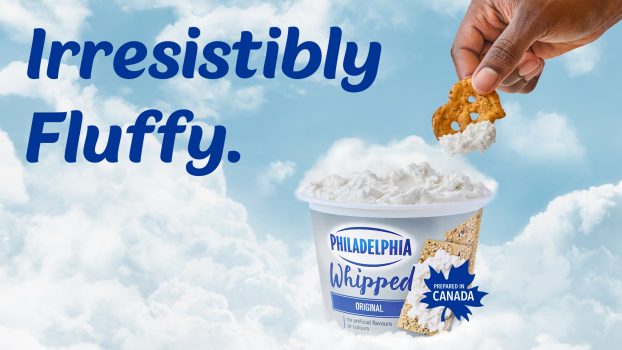To understand Nuun Hydration, the Seattle-based company whose Canadian business doubled last year alone, it helps to understand the history of sports drinks.
When Nuun launched around 15 years ago, the clear category winner was Gatorade, a brand developed by sports scientists in the 1960s to help replenish lost electrolytes during physical activity, says Kevin Rutherford, CEO at Nuun. But during the 1970s, he says, the sports beverage transformed into a sugary carbohydrate replacement.
So Nuun set out to create a low-calorie, low-sugar product that was “all about optimal, ultra-hydration for your body,” Rutherford says. It was based on new field research that suggested athletes separate hydration from their fuel (a.k.a. power bars and the like).
Today, Nuun is the leading sports drink served at mass participation events across Ontario and the top-selling sports drink product in sports specialty and natural foods stores, according to the brand. This year alone, it will help hydrate some four million athletes during sporting events throughout North America.
In October, Nuun will serve its products to 25,000 runners during the Scotiabank Toronto Waterfront Marathon. (For the last 25 years, athletes had been served Gatorade.) It will also serve as the official hydration product supplier for all Canadian Running Series events, including the Lululemon Toronto and Edmonton 10-K runs.
 “We started off with this front-of-the-pack approach, meaning we were designing [Nuun] for people who were a bit more extreme, such as endurance athletes,” Rutherford says. Its hydrating tablets were packed in tubes, making it possible for Ironman athletes and 24-hour adventure runners to carry hydration in their pockets.
“We started off with this front-of-the-pack approach, meaning we were designing [Nuun] for people who were a bit more extreme, such as endurance athletes,” Rutherford says. Its hydrating tablets were packed in tubes, making it possible for Ironman athletes and 24-hour adventure runners to carry hydration in their pockets.
Over time, it has expanded its target to all “sweat enthusiasts,” such as runners preparing for their first 5K run. Rutherford said the company also learned that 75% of all people are chronically dehydrated, allowing Nuun to further broaden its appeal and try to bring new customers into the brand.
While Nuun started out in sports drinks, which remains the biggest and fastest-growing part of its business, it has since launched a daily vitamin (that also includes electrolytes) to address daily wellness. And in July, it will bring its Nuun immunity product (aimed at boosting the immune system) to Canadian Whole Foods and other stores, fueling growth during the cold and flu season – which happens to be off season for most sports enthusiasts.
As chief executive, Rutherford has focused on building a culture at Nuun where everyone is an athlete and believes in the product. Based on his experience in CPG – he’s a former CEO of Mrs. Meyer’s Clean Day and has held marketing roles at Kashi Co., Miller Brewing and SC Johnson – he believes company culture will ultimately drive long-term success.
After serving as marketing director for San Diego-based Kashi, he “never looked at business the same way again.” It was there that he realized if a brand has a strong purpose, the business results will follow. He says about his role at Nuun, “I wonder if we’re in the business of hydration, or are we actually in the business of getting people to move more?”
Part of the brand’s success lies in its approach to innovation, says Rutherford. “We [ask ourselves],‘Can we do it better?’ If we can’t, then we don’t go after the category.” But deciding which categories to enter, and why, is only half the equation. Placing product in runners’ hands has also played a central role in driving brand awareness and loyalty north of the border.
As Rutherford explains, partnerships with running events are different than traditional sponsorships in which a brand pays X amount to have a presence on the ground. Rather, when it comes to hydration and nutrition, he says the race organizers’ main goal is to help athletes succeed, becoming de facto (and authoritative) influencers for brands like Nuun.
“Our scenario is much more about collaboration and helping people prepare for the race and creating that habit,” he says. “It’s a very different approach, and I think it’s a much deeper connection that takes a lot more focus on our part and much more in the way of allocated resources.”
Outside of keeping athletes hydrated at major sporting events and creating brand ambassador and social influencer programs, Nuun’s marketing has been chiefly focused on striking the right retail partnerships, according to Rutherford. Be it with Running Room or Toronto’s Black Toe Running, it tries to work with like-minded retailers, such as MEC. “We’ve helped each other connect with the same consumer.”
And based on its trajectory in the U.S., it expects to continue expanding its Canadian distribution out from specialty shops and further into conventional grocery stores. Currently, it occupies shelf space in select Sobeys and London Drugs stores.
The company’s Canadian sales grew 120% last year, outpacing its business growth in the U.S.
























